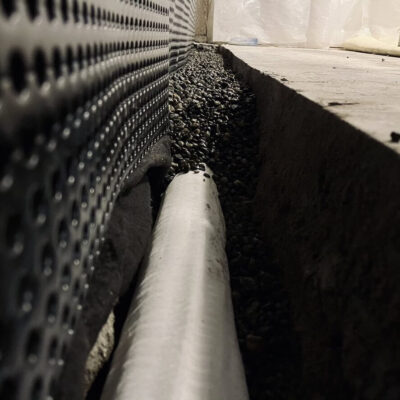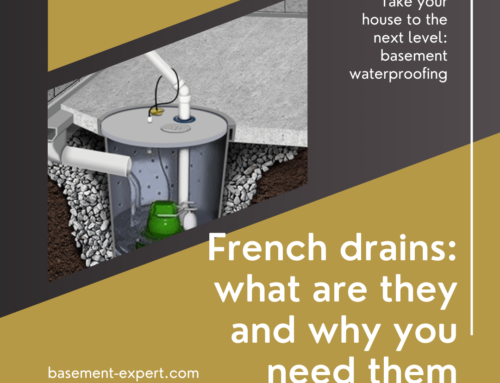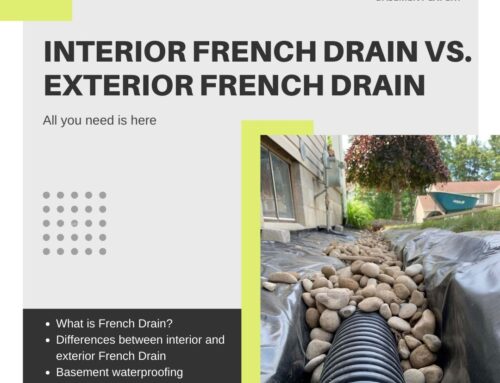Top 10 Reasons to Install a French Drain
How can a French drain prevent basement flooding?

French drains do not keep water out of your basement. They divert water from around and beneath your house and away from the foundation instead, stopping it in its tracks before it can get inside. French drain systems are very efficient because they collect water over the whole length of the drain rather than just a small section, as is the case with conventional surface drains. Water is guided to the proper discharge point along a dependable, smooth course thanks to the force of gravity. Also, it lessens the possibility of floods and long-term water damage to your property. The lifespan of the French drain is 30 to 40 years. It is cost-effective.
Will a French drain help a flooded yard?
If you have low, wet places on your lawn, a French drain can be the answer. This hidden but efficient subsurface outlet directs extra water from trouble spots to a specific drainage zone. For healthy turf, proper drainage is crucial. It is basically a trench filled with rock or gravel, filter cloth, and perforated pipe that collects excess water underground and diverts it away from the area you are protecting. French drains are commonly used along building foundations and behind retaining walls, where subsurface water can accumulate.
How can a French drain prevent soil erosion?
A French drain is always made up of a sloped ditch into which water can flow. Erosion is stopped by the gravel. Your French drain ditch is lined with landscape fabric and P-gravel. This keeps the water from washing away your soil. If a French drain is put in the right place to catch this flow, it can help stop erosion. French drains naturally collect water and move it to a place where it can drain well.
How can a French drain manage runoff from heavy rain or snowmelt?
Laying in a French drain helps reduce the chance of flooding in places where it rains a lot or even where snow melts quickly. It keeps your basement and foundation walls from getting damaged by flooding by sending extra water away from your home.
Can a French drain work in unusually cold weather?
In a cold place, a French drain will work just fine. For the French drain to function correctly in super-cold climates, it must be installed below the frost line. This is essential if you want the drain to function all year without getting clogged by things like freezing.
How can a French drain increase the value of a property?
French drains are an affordable solution to help protect your property from standing water and reduce the risk of flooding. It may also demonstrate to potential purchasers that you have made the necessary maintenance efforts to keep your house safe. Moreover, French drains can increase the value of your home, which is a significant benefit if you know you’ll be selling it soon.
Can a French drain reduce moisture in crawl spaces?
Yes, in the crawl space, a French drain can be installed as a subsurface structure used to alleviate water saturation. Water is pushed into the surrounding soil by hydrostatic force. A French drain redirects all moisture into an underground barrier trench.
Does a French drain protect the foundation from water damage?
A French drain can unquestionably protect your foundation and prevent further issues. However, there are a variety of circumstances you should examine before installing a French drain. For instance, clogged downspouts, foundation cracks, and slopes toward your house
Can a French drain protect the structural integrity of the building?
When it comes to reducing standing water and preserving the structural integrity of your foundation, French drains are the best option.
Can a French drain reduce the risk of mold and mildew?
Eliminating moisture from the home’s exterior, this option is also used as a preventative measure to stop unusual mold growth. French drains are intended to divert water away from a cracked foundation, which is prone to mold and mildew growth.




